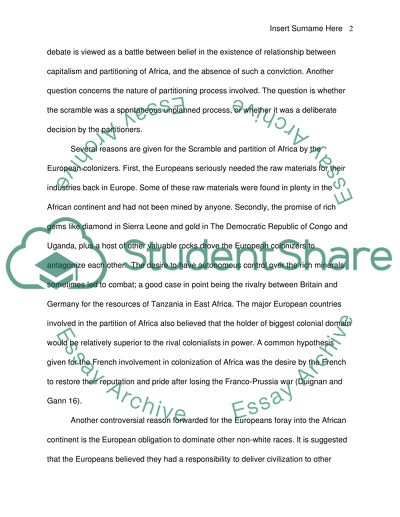Cite this document
(The Rivalries in Early Twentieth Century European Society Essay, n.d.)
The Rivalries in Early Twentieth Century European Society Essay. Retrieved from https://studentshare.org/history/1513722-european-society-around-1900
The Rivalries in Early Twentieth Century European Society Essay. Retrieved from https://studentshare.org/history/1513722-european-society-around-1900
(The Rivalries in Early Twentieth Century European Society Essay)
The Rivalries in Early Twentieth Century European Society Essay. https://studentshare.org/history/1513722-european-society-around-1900.
The Rivalries in Early Twentieth Century European Society Essay. https://studentshare.org/history/1513722-european-society-around-1900.
“The Rivalries in Early Twentieth Century European Society Essay”, n.d. https://studentshare.org/history/1513722-european-society-around-1900.


